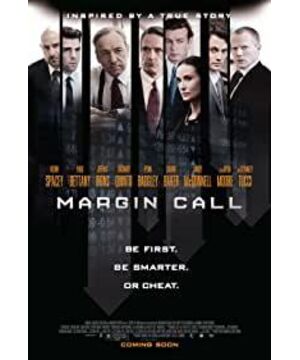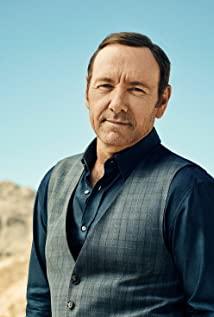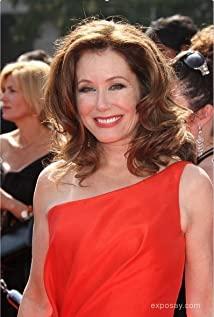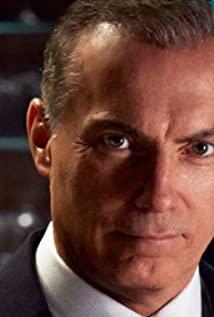Before I could watch "The Wolf of Wall Street", Amway was selected for this film because of a line.
For Wall Street, many people think that it is a mysterious monster entrenched in the headspace in the faraway New York City. It has boundless mana and is far away from the usual chai, rice, oil and salt. Only occasionally can we glimpse its unpredictable traces, which is a bit like the flamboyant Hollywood. They are twin brothers from the upper and middle classes of "Style" with very different personalities.
But when the two brothers get together, it's often epic financial events that are dressed up and frivolously waiting to be sold. It is much more difficult for the director to restore the tip of the iceberg of this financial behemoth with calm, restrained and professional and incisive film/TV language.
The financial tsunami caused by the subprime mortgage crisis in 2008 is now a past that is fading in memory, but this history is still meaningful to review, and this "Margin Call" is a good angle.
The film tells the story of an analyst at an investment bank on Wall Street who discovered that there was a huge loophole in the company's asset evaluation model, which would soon lead to the company's bankruptcy, so the company's executives met overnight to discuss saving the company, and finally decided to sell bonds and stocks at extremely low prices. Although the move can temporarily stabilize the bank, it will trigger a series of chain reactions.
The director used the plot structure of a classic day, an event, and a place to show the bitterness and cruelty of the financial tsunami that year. The very professional investment banking terminology in the movie plot is also dazzling (although I have a general understanding of the logic behind the crisis based on the book "Subprime Mortgage Crisis" I read in school), at the same time, the superb performance and sturdy performance of Hollywood's big coffee The aura confrontation is very rare and very enjoyable.
Others' descriptions of Wall Street are often like looking up at the blind and touching the elephant, and this movie shows us that the elites standing on the skyscrapers overlooking this bustling city may not only look complacent, but may also want to fall into the abyss. Indulgence, and the daze that cannot be freed from being coerced by money—
The $250,000-a-year trader just taunted the poor homeless, and the next day he could only squat in the toilet and cry about his impending layoff; the $2.5 million-a-year trading manager didn't know what to do Where is tomorrow; the $7.5 million-a-year trading director can't stop the success of this gravedigger; and the $87 million CEO knows the music has stopped and it's time for another one.
Another memorable aspect of this movie is the ruthless rationality in business. The industry of Wall Street is a business society, companies are business groups, and CEOs, shareholders are businessmen, and hired practitioners are business behaviors. All of this is combined into tightly working cogs in an effort to make capital play a huge role. When everything is normal, all interests tend to converge; in times of crisis, everyone will face losses that cannot be accepted by feelings and cannot be rejected by facts, yes, everyone, from top to bottom. That's the ruthlessness of business, where there's no blood, where ethics, professional ethics, and loyalty are all lined up so you can only choose one.
View more about Margin Call reviews











